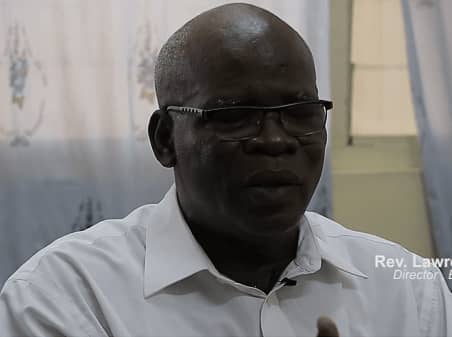The ripple effects of Wednesday’s fuel price hike and the commencement of a new GH₵1 per litre energy sector levy are now being acutely felt across Ghana. Consumers and businesses are adjusting to significantly higher costs at the pumps, a “double blow” that has deepened anxieties about the nation’s economic outlook and cost of living.
The much-debated Energy Sector Levies (Amendment) Act, 2025 (Act 1141), also known as the ‘Dumsor Levy’ by some, officially came into effect on Wednesday, July 16, 2025. This levy adds a flat GH₵1 to every litre of petrol and diesel purchased, aimed at shoring up the nation’s beleaguered energy sector and addressing mounting debts. The Ghana Revenue Authority (GRA) confirmed its immediate collection on Wednesday, instructing Oil Marketing Companies (OMCs) to adjust their pump prices accordingly.
This new tax coincided with a predicted and now realised increase in fuel prices for the second pricing window of July. The Chamber of Petroleum Consumers (COPEC) had forecasted a rise of between 6% and 9%, a prediction that materialised this past Wednesday.
According to COPEC’s projections, which are now reflected at the pumps following Wednesday’s changes:
• Petrol prices are expected to increase by 6.47%, resulting in a higher average price per litre.
• Diesel prices are set to see an even steeper rise of 9.30%, significantly impacting commercial transporters and businesses.
Across various Oil Marketing Companies, the current price for petrol ranges from GH₵11.99 to GH₵13.29 per litre, while diesel is priced between GH₵13.79 and GH₵14.49 per litre.
COPEC primarily attributes these substantial increases to the new GH₵1 per litre Energy Sector shortfall and debt repayment levy.
While the government maintains that the levy is crucial for stabilizing the power sector, generating an estimated GH₵5.7 billion annually to reduce energy sector debts and support state-owned energy firms, critics argue that it places an undue burden on ordinary citizens already grappling with economic hardships. Former President John Dramani Mahama had previously assured the public that the levy would not lead to immediate fuel price increases due to macroeconomic stability, an assurance now seemingly contradicted by the developments witnessed since Wednesday.
Public reaction has been one of dismay, with many citizens expressing frustration over the escalating cost of transportation and goods, which are directly impacted by fuel prices. The implementation of this levy, coupled with the general price hike, signifies a challenging period ahead for households and businesses across Ghana.


